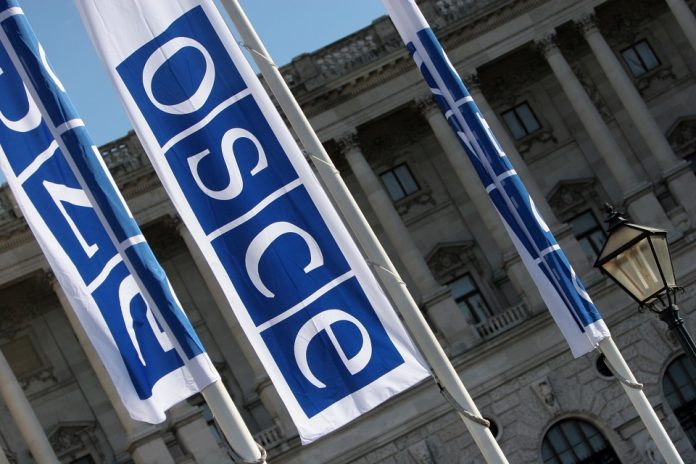Madame Chair,
I am pleased to give this statement on behalf of Albania, Andorra, Armenia, Austria, Azerbaijan, Belgium, Bosnia and Herzegovina, Bulgaria, Canada, Croatia, Republic of Cyprus, Czech Republic, Denmark, Estonia, Finland, France, Georgia, Germany, Greece, Hungary, Iceland, Ireland, Italy, Latvia, Liechtenstein, Lithuania, Luxembourg, Malta, Moldova, Mongolia, Montenegro, Netherlands, North Macedonia, Poland, Portugal, Romania, San Marino, Serbia, Slovakia, Slovenia, Spain, Sweden, Switzerland, Ukraine, the United Kingdom, USA and my own country Norway.
The International Day of Education was proclaimed by the UN General Assembly in 2019, as a reminder of education’s foundational role for peace and development.
On this occasion, two years on, we commemorate the tireless efforts of teachers, school administrators, government officials and other dedicated individuals who have made possible that children and youth continue to learn even against the largest disruption of our education systems due to the COVID-19 pandemic.
The closure of schools has affected the lives of 1.6 billion students in more than 190 countries. Education is a human right, independently of any crisis and must therefore be an important part of the response to the covid-19 pandemic. School closures have in many cases stripped children of the opportunity to learn, a safe space and even meals. For girls, the probability of early marriage and early pregnancies has increased. Research also indicates that education inequalities have increased, as schools increasingly have needed to rely on distance education. Access to internet, computers, TV and radios, or a quiet room to study in, is not equal. Children with disabilities are often affected harder than their peers.
COVID-19 has exacerbated further the difficulties faced by those living in crisis-affected regions, where education is one of the first to be impacted by violence and conflict. Today more than ever, we must ensure that schools remain safe places, free of conflict and violence and protected from attack.
Education contributes to the maintenance of peace and security, as it provides stability and hope for a better future for children in conflict and post-conflict settings. Several of our field missions support education as a part of the comprehensive approach to security – and in Central Asia the OSCE Academy delivers high quality higher education to people of the region. The pandemic has also shown us that education systems worldwide need to have the tools and resources suitable for the 21st century. Bridging the digital divide will however be a long-term endeavour. Low-tech and no-tech solutions for distance learning will continue to be important to ensure that the poorest and most marginalised learners remain connected to the education system.
The crisis should also be seen as an opportunity. Increased competence in distance education and new digital solutions may provide exciting opportunities also after the pandemic, and our preparedness is increase should we experience a similar crisis in the future.
Madame Chair,
As Participating States are focusing on the immediate public health, economic and social welfare responses in tackling the impact of the pandemic, it will be important to ensure that learning continues in an equitable way. This is a prerequisite for the long-term stability.







